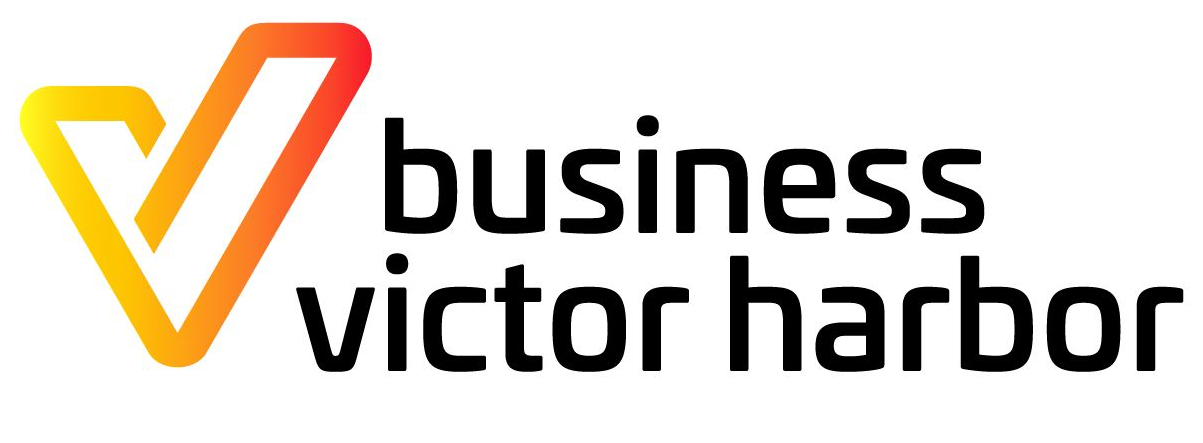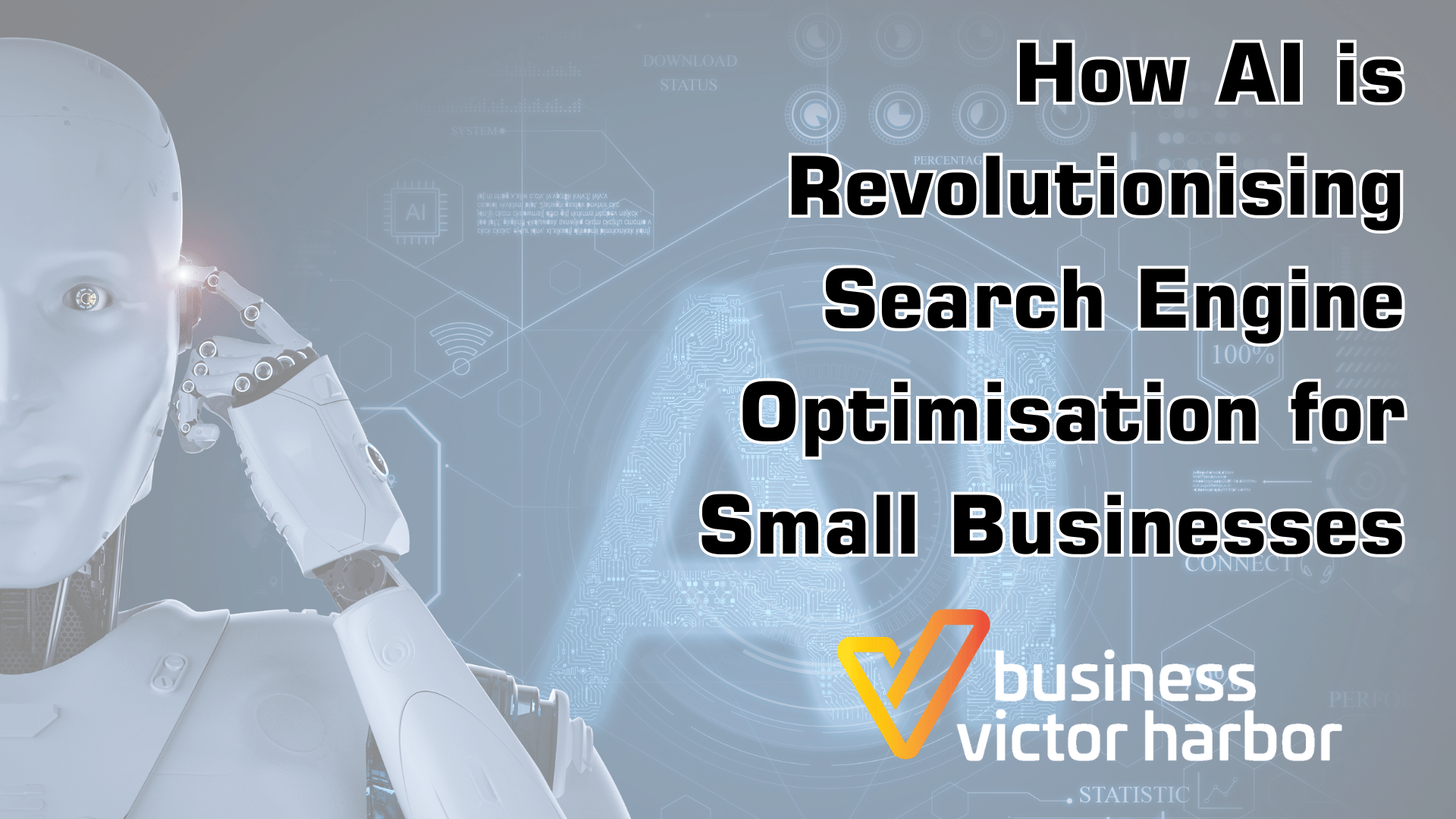Periodically, the Search Engine Optimization (SEO) gurus come out and tell everyone something is changing SEO forever. Add that to the nearly constant adjustments search engines are making to their algorithms and hitting the moving target of organic ranking success becomes as impossible as winning a giant stuffy at a carnival. Sure, you see it happen on occasion but never to you.
This article is going to tell you that artificial intelligence (AI) will forever change SEO. We know. You’ve heard claims like this before but this time it’s true. Because for once we’re leveraging machine learning against the machine. It’s a war of the alphabet AI versus SEO and here’s why it’s changing the search landscape forever:
AI Takes on SEO
SEO has long been a critical component of digital marketing strategies for small businesses. Businesses have paid experts a lot of money to optimise their website’s content and structure to improve its visibility on search engine results pages (SERPs) and attract organic traffic. In recent years, SEO has undergone significant changes due to the rapid advancements in artificial intelligence (AI) and machine learning technologies. In this blog post, we will explore what you need to know to stay ahead in the game and score a few wins in organic traffic.
Smarter Keyword Research
Keywords are the foundation of SEO, and AI is making keyword research smarter and more effective. With AI-powered tools, small businesses can now analyse vast amounts of data and identify high-performing keywords with precision. These tools can also provide insights into user intent, helping businesses optimise their content to better match search queries and deliver relevant results. AI-driven keyword research can save time and effort while helping small businesses target the right keywords and improve their SEO strategies.
Future thought: If you’ve been in the digital marketing world and watched organic traffic drop off, algorithm change after algorithm change, you may be wondering what smarter keyword research means for those wily search engines. If every company has tools available to it to maximise keywords, then how does one company rank higher than another? (The old “if everything is urgent, nothing is urgent” idea. If everything is machine optimised, nothing is machine optimised.”) That is yet to be determined, but one thing that does become apparent is that businesses that are not optimising for keywords using AI may be at a disadvantage.
Enhanced Content Creation
Content is king in SEO, and AI is revolutionising content creation for small businesses. AI-powered content generation tools can analyse user behaviour, search patterns, and competitor data to generate high-quality, relevant, and engaging content. These tools can also help optimize content for SEO, including optimising headlines, meta tags, and other on-page elements. This allows small businesses to produce content more efficiently and effectively, keeping up with the ever-increasing demand for fresh and engaging content.
The ”ahem” moment: AI creates amazing work and can help small businesses do a whole lot more with less. But it’s a mistake to think it’s ready to go out the door the minute it’s created. Think of it as a cupcake without icing and sprinkles. Yes, it’s good but with a little extra flourish, it can be amazing.
Improved User Experience
User experience (UX) is a critical factor in SEO, and AI is playing a significant role in enhancing UX for small businesses. AI-powered chatbots and virtual assistants can provide personalised and real-time support to website visitors, improving engagement and satisfaction. Machine learning algorithms can analyse user behaviour and preferences to offer personalised recommendations, improving user experience and increasing the chances of conversion.
But what does that have to do with SEO and rankings? AI-driven UX improvements can help small businesses create a more user-friendly website, resulting in better SEO performance.
Another “ahem” moment: AI is a broad term that encompasses many abilities and a lot of software companies are racing to add AI to their platforms because it’s sexy. For instance, your e-mail marketing platform probably recently rolled out a copy creator. Don’t assume they’re all capable of the things we’re referencing in this article. Some AI companies are producing enterprise software that can do everything short of predicting the future based on your customer’s past behaviour. That free addition to your already free newsletter software probably doesn’t.
Enhanced Search Results
AI is also transforming the way search results are presented to users, and this has implications for small businesses. Google’s AI-powered algorithm updates, such as RankBrain, are increasingly focusing on delivering more relevant and personalised search results. This means that small businesses need to optimise their websites for rich snippets, featured snippets, and other types of content that are prominently displayed on SERPs. By creating content that is more likely to be featured in these enhanced search results, small businesses can improve their visibility and drive more traffic to their websites.
Future thought: Rich snippets and featured snippets have been around for a while now and many of us have been trying to pin the tail on that donkey by creating blog posts in a format similar to abstracts but instead of an executive summary we use a bulleted list of what the article conveys. Again, if everything is optimised this way then it becomes the new norm, not a differentiating factor.
Advanced Data Analysis
Data analysis is a crucial aspect of SEO, and AI is enabling small businesses to analyse large volumes of data with greater speed and accuracy. AI-powered analytics tools can provide in-depth insights into website performance, user behaviour, and other key SEO metrics. These insights can help small businesses identify patterns, trends, and opportunities to optimise their SEO strategies. By leveraging AI for data analysis, small businesses can make data-driven decisions and continuously improve their SEO efforts.
Still another “ahem” moment: this will involve leaning into the technology, learning what it can do, analysing it, and applying it.It will also be an investment. These types of insights aren’t going to be free. Factoring this into your future budget is a wise expenditure.
Local SEO Optimisation
For small businesses that rely on local customers, AI is also transforming local SEO optimization. AI-powered tools can help small businesses optimise their online presence for local search, including managing business listings, monitoring reviews, and analysing local search trends. This can help small businesses improve their visibility in local search results, attract more local customers, and gain a competitive edge in their local market.
AI is changing the SEO landscape for small businesses in significant ways. From smarter keyword research and content creation to improved user experience and advanced data analysis, AI is empowering small businesses to optimize their SEO strategies and stay ahead in the ever-evolving digital landscape. Embracing AI-powered tools and technologies can help your small business optimise its efforts in many areas. Of course, we could also be putting our brains on cruise control and paving the way for machines to become sentient. But if it helps you achieve first-page search result rankings, isn’t it worth it


